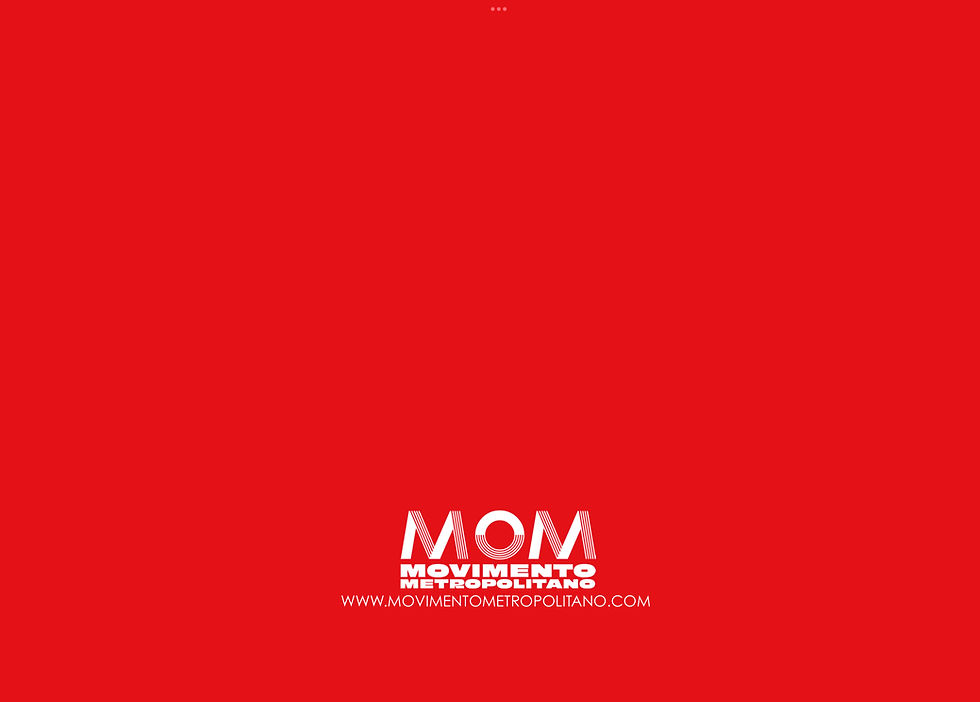Organic's Price Tag Problem: An Identity Crisis in 2025
- Oct 15, 2025
- 2 min read
Updated: Oct 29, 2025
In 2025, the ‘organic’ label is a pivotal point in a complex conversation, spanning the UK and the wider European Union (EU). For decades, the standard meant a clear commitment: no artificial inputs, high animal welfare, and respect for natural cycles.
The EU Organic Regulation, along with the retained UK standard, legally guarantee a verified production system and traceable supply chains. Yet, consumer perception often defaults to the vague idea of 'natural' and ‘healthier’. As the world faces food insecurity, the cost-of-living crisis, and climate change the definition of 'organic' is under intense scrutiny.
Faced with the organic vs. regenerative credibility clash, a serious debate is gripping agriculture across Europe. At the centre are two forces: certified organic and the growing movement of ‘regenerative agriculture’. The organic standard remains the gold standard, defined by a legally binding certification that applies across both the EU and the UK. This verified process offers a high-integrity benchmark that has earned trust, celebrating the artisans and dependable partnerships core to our community values.
However, regenerative farming is the main disruptor. It shares the philosophical core—a focus on soil health and biodiversity—but it lacks a single, legally recognised standard across Europe. Critics warn that this absence of unified certification risks being co-opted for greenwashing, undermining consumer trust in genuinely sustainable practices. The debate is now focused on securing the most credible future for the European countryside, a discussion informed by analyses like the Soil Association's position on Organic and Regenerative Farming).
The persistent challenge of accessibility continues to dog the movement. Despite genuine interest, organic food is still widely seen—and priced—as a ‘luxury’ for the affluent. In this economic squeeze, high-quality food must become inclusive. This is a socio-economic issue demanding creative solutions and stronger policy support, as the Food Foundation frequently highlights the pressure of the cost-of-living crisis on healthy food purchases in their Cost of Living Crisis Report).
The ‘organic’ label also has a critical role in public health. With increasing attention paid to tackling Ultra-Processed Foods (UPFs), a clear opportunity exists. Organic champions whole, minimally processed ingredients, which should propel it to the forefront of the 'real food' movement. Yet, the organic sector is not fully linking itself to these national health campaigns—a missed chance to communicate its inherent benefit, despite recent Parliamentary debates, as found in the UK Parliament Hansard, demonstrating a clear focus on the health impact of ultra-processed food.
The Gold Standard, at what price? The fight for integrity in food can't stop at the farm gate. The debates on cost and health confirm the core value still holds. But the gold standard of organic is being threatened by its own cost. We have to stop it from remaining an exclusive luxury. Real evolution isn't simply a matter of standards on paper, but a matter of clarity, making those standards visible and provable for everyone.





